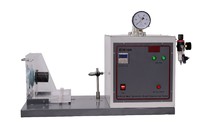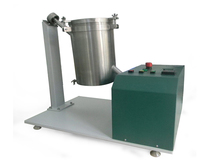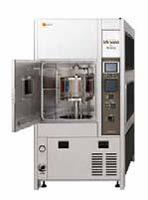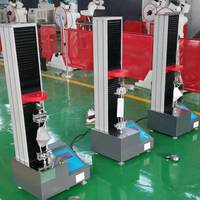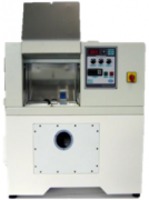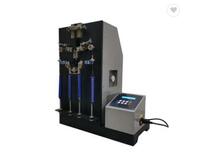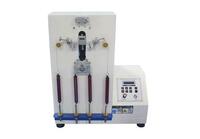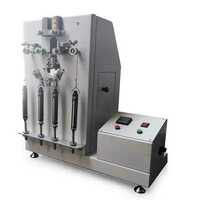Seam Fatigue Tester
Product Quick Detail
- Place Of Origin
- china
- Minimum Order
- 1
- Packaging
- Packed by solid wooden case;
- Delivery
- 15 Days
Specifications
Applications:
Product Information:
- Country:
- Business Type:
- Market:
- Founded Year:
- Address:
- Contact:QIAN qian
Other products from Qinsun Instruments (Shanghai) Co., Ltd.
Relate products of Seam Fatigue Tester
Slide Fasteners Zipper Reciprocating Fatigue Tester $2,000.00 - $4,000.00/ set |1 set/sets(Min. order) source:https://www.qinsun-lab.com/295.html source:https://standard-groups.com/en/TextileGarment/716.html source:https://testerinlab.com/news/723.html Slide Fasteners Zipper ...
Bags/suitcase Zipper Reciprocation Pull Fatigue Tester $400.00 - $999.00/ set |1 set/sets(Min. order) Warranty:1 Year, 1 Year Model Number:QS-890 Usage: zipper reciprocating tester Power: Electronic, Electronic,1PH, AC220V, 50/60Hz Power supply: AC220V 10% 50HZ ...
Bag Zipper Reciprocation Pull Fatigue Tester $1,000.00 - $1,500.00/ set |1 set/sets(Min. order) Warranty:1 year, 24 Months Model Number:QS-8008 Power:Electronic Application:zipper Product name:Bag Zipper Reciprocation Pull Fatigue Tester ...


